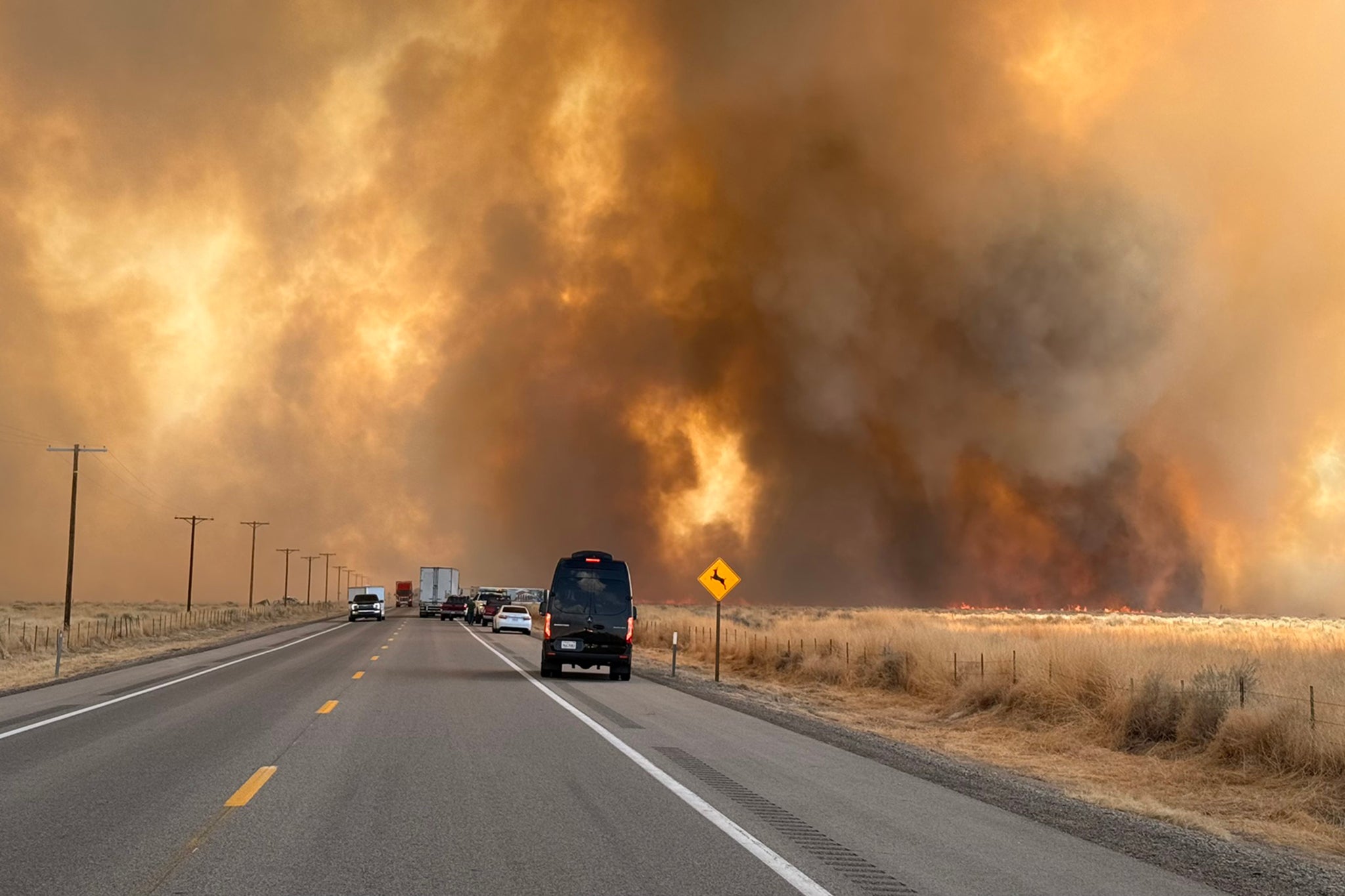The hottest European march ever while global temperatures remain above 1.5 ° C

Europe he recorded his warmer march since the records began in a Strip of extraordinary global heat also Since the EU weighs as far as far and quickly cut emissions by 2040.
New data issued by Copernicus Climate Change Service of the EU, or C3S, Monday, was not alone last month EuropeThe hottest march ever, but also the second most endowed on the global level, Behind March 2024 only.
On average, the global temperatures in March were 1.6c higher than pre -industrial levels, continuing a worrying model of violation of 1.5 ° C.
Twenty of the last 21 months have crossed the 1.5C symbolic threshold, which scientists warn increase the extreme risks atmospheric time And irreversible climatic damage.
Last year it was the hottest year ever recorded all over the world and 2025 is on the way to continue this trend.
The main driver of climate change is Greenhouse gas emissions Burning fossil fuelsC3S said, reflecting global scientific consensus. Without significant cuts in emissions, temperatures are expected to continue to increase.
Samantha Burgess, a strategic lead at the European Center for Medium -Ray weather forecasts, which manages C3S, said that March also saw extreme time throughout Europe, with “many areas that have recorded their driest march and others their wage more recorded for at least 47 years”.
This type of contrast – floods in some places, drought in others – is becoming more common in a heating world. THE climatic crisis Fuelli both drought and extreme rainfall. The hottest air dries the soils faster but also contains more humidity, making the storms more intense when they hit.
Activists ask governments to interrupt the approval of new fossil fuels projects and make polluting companies pay for damage.
Rebecca Newsom, a global political consultant of the Stop campaign to pierce Greenpeace International, said that the risks of Europe face “heat waves and increasingly hard fires later during the year”, and warned that “the extremes of the contrasting rains in the European region alone represent an immediate challenge for our food systems and for the economy as a whole”.
“European citizens must not be left alone to pay for the dirty chaos energy companies They are feeding, “he said.
“In recent months we have seen oil and gas companies increase their plans to issue even more greenhouse gases, while abandoning their already mean climatic commitments,” he added. “European governments should stop looking for more oil and gas and prevent these companies from doing it by prohibiting all new fossil fuels projects.”
He also asked for new taxes on Major petroleums such as Shell, Totellegies, Equinor and Eni “to help communities at home and all over the world to reconstruct from climatic catastrophes and invest in climatic solutions”.
In the Arctic, the extent of the sea ice descended to the lowest level in 47 years of satellite record following a series of minimum records in the previous months. This continues a worrying tendency, since the polar regions heat up significantly faster than the global average.

These alarming figures arrive while the EU tackles the political division on the speed with which to cut emissions in the next decades. The European Commission is currently drawing up a new climatic objective 2040, with experts who recommend a 90-95 percent cut in net emissions compared to 1990 levels.
But some EU legislators, including the center -right senior politician Peter Liese, have argued that the 90 % goal is “emerging” and risks that damage the European industry.
“We really think when 90 percent is implemented without any flexibility, then it will lead to deindustrialization,” he said in an interview.
The new discoveries arrive a few days after the World Meteorological Organization confirmed it Last year he pushed over 1.5 ° C for a whole year For the first time, with impacts of heat waves, floods and glaciers melts threatening long -term ecological and economic stability.
Scientists and climate experts say that the world is not on the way to meet the Paris agreement The objective of limiting heating well below 2 ° C, or ideally 1.5 ° C, unless immediate and profound emissions cuts are made.
Without action, the projections show that the world could reach 2.5c at 2.9 ° C of heating by the end of the century.




